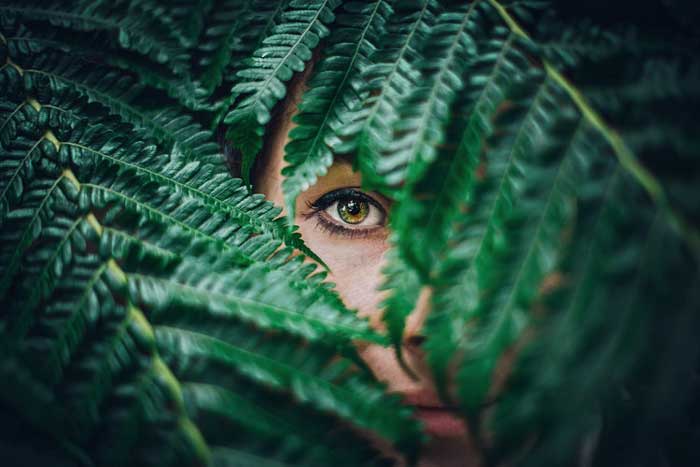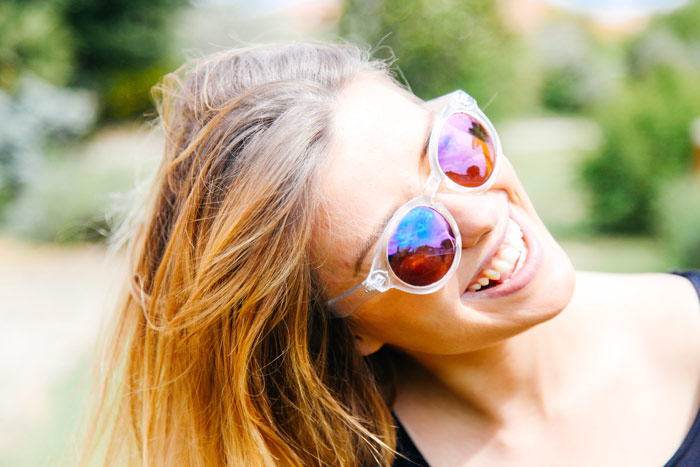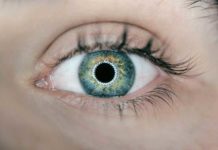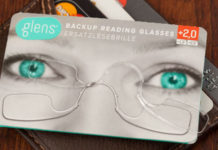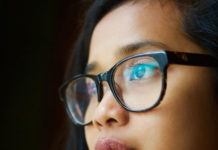It is important to take care of your eye health, regardless of the season, experts believe. Read our experts’ tips on how to take care of your eyes in the fall.
How harmful UV is
In fact, things are not so clear. Ultraviolet has bactericidal properties and is therefore actively used in the treatment of infectious diseases. In moderate doses, it promotes the production of vitamin D and strengthens the immune system. Generally speaking, the danger of UV rays depends on the intensity of radiation and the duration of exposure.
Corneal inflammation or burn (keratitis) can be obtained from artificial or strong UV sources. For example, tanning without glasses in the solarium, or being in the mountains at high altitude, where natural air filters do not work because of the thin layer of the atmosphere. However, it is extremely unlikely that you should get keratitis walking in the street under the sun. Children are more vulnerable – natural filters built into the human eye are just beginning to form in childhood.
What else hurts the eyes
Not only UV radiation, but also excessive sunlight brightness, as well as infrared radiation, have negative consequences. After all, have you noticed how you start squinting even in cloudy weather? In addition, wind, dust, salt water and dry air from the air conditioner are a discomfort to the eyes. Redness, tear-shedding, and gritty eyes are symptoms that often occur in the summer and fall.
To get rid of unpleasant sensations, use moisturizing drops or special tear fluid replacements. However, before buying it is advisable to consult an ophthalmologist.
What can help the eyes
Whether it’s the beach or just the street, you need to wear sunglasses in bright lighting. Even if the sun does not seem so bright, but it feels uncomfortable for the eyes, you need to protect them. It is better to abstain from reading in the street, since reflection from white paper leads to unpleasant consequences, up to retina damage. The glare from the surface of the water is also dangerous for eyesight, so think of buying special swimming goggles with sun protection.
How to choose sunglasses
It is best to choose glasses at the optician’s, with a specialist there to help you, as the lenses need to have 100% UV protection. You can test the lenses using a special spectrometer device at the optician’s. You should also consider the size of the glasses and the lens itself: the shape of the glasses should be wide enough to provide protection from the side and bottom. In addition, the lens should cover as much of an eye surface as possible. At the same time, it should not be too dark – you should be able to see.
What if you already have an eye disease?
If you already have vision problems (for example, astigmatism), you need to pick up sunglasses with diopters. Today, there are also special glasses with photochromic lenses (the so-called chameleon sunglasses) that change the degree of lens darkening depending on the light.
Contact lenses with an UV filter
In addition to glasses, there are special contact lenses with an UV filter. On the one hand, they are more comfortable to wear, on the other – they require more care, dry out faster, do not allow you to swim wearing them, and do not really provide protection from excessive sunlight.


